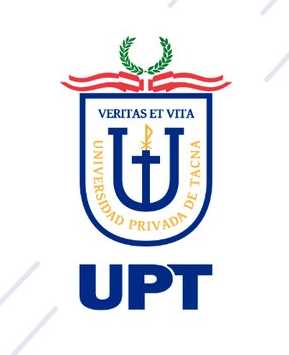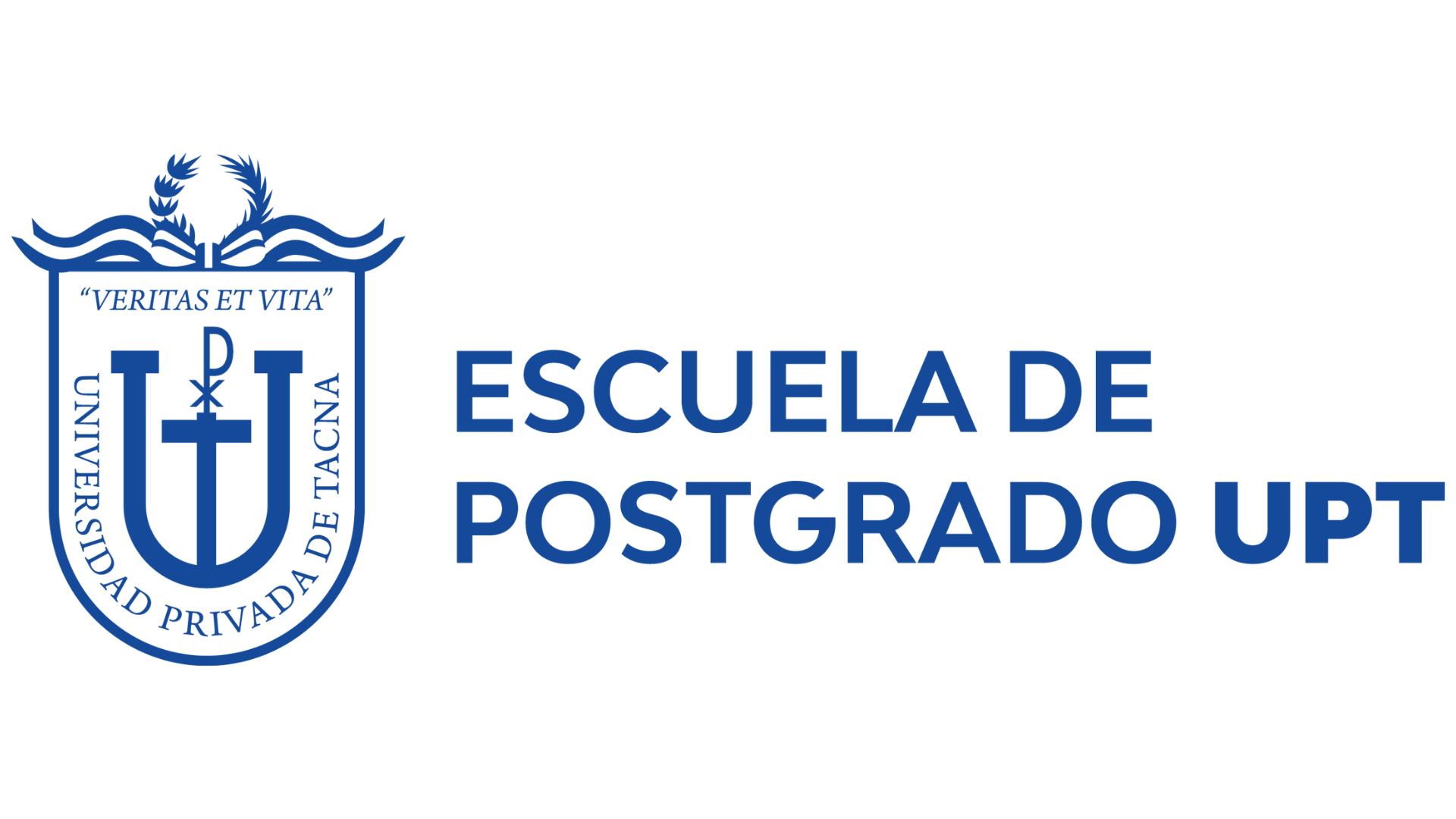Bare Life in Transit: A Theoretical Approach to the Migration Crisis at the Peru-Chile Border from February to May 2023
DOI:
https://doi.org/10.47796/ves.v12i02.877Keywords:
bare life, crisis, border, migrationAbstract
The objective of this work is to analyze how "bare life" is reflected and manifested in the migration crisis at the Peru - Chile border during the months of February to May 2023. The methodology consists of a documentary and conceptual analysis based on literature on migration and biopolitics, journalistic news and communications from agencies involved. Giorgio Agamben's concept of bare life is used, identifying three conditions that allow determining its manifestation in migratory contexts. The results show that stranded migrants at the border experienced a loss of rights and the State exercised biopolitical control over them by reducing them to vulnerable bodies. The precarious conditions to which they were subjected, without access to basic resources or services, demonstrate their condition of bare life and homo sacer. The conclusions highlight the urgency of recognizing this dehumanization and adopting more humane and protective responses to their rights.
Downloads
Downloads
Published
How to Cite
Issue
Section
License
Copyright (c) 2024 Ilda Nadia Monica de la Asuncion Pari Bedoya

This work is licensed under a Creative Commons Attribution 4.0 International License.













